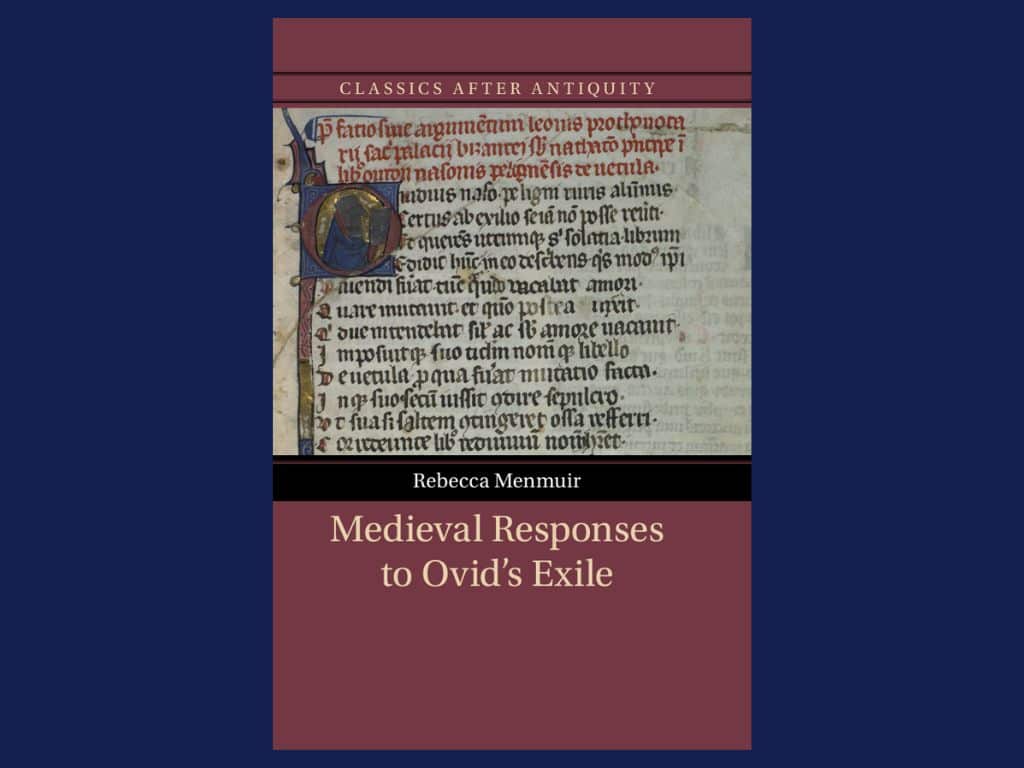
Thomas Coutts, by Sir William Beechey
We are delighted to announce that Dr Perry Gauci, VHH Green Tutorial Fellow in History, has released a new book, The London Private Banker 1660-1825 (Oxford University Press). In his latest work, Perry examines the societal impact of the London private bankers as they established a significant metropolitan presence.
Perry first became interested in London’s private bankers some thirty years ago, and this book reflects many of the social and cultural themes of his earlier work. Building on excellent research on the economic importance of the sector, The London Private Banker demonstrates how their distinctive role as retail bankers can illuminate an array of dynamic social forces in eighteenth-century Britain, especially the relationship between the middling and upper orders. Their experiences highlight the distinctive foundations of the British social order, and the book tracks their importance through their commercial services, public lives and private pleasures.
The historic associations of the trade with usury were slow to dissipate, but by the later eighteenth century a private banking sector had emerged as an important feature of urban Britain, to the extent that partners could be regarded as establishment figures, lauded or vilified in turn for their contribution to national prosperity or instability.
Taken together, leading banking houses such as Hoare and Coutts represented a remarkably successful social phenomenon, whose wide-ranging influence ranked alongside the metropolitan merchants and the early industrialists. Nonetheless, they still offered little challenge to the ruling landed orders, finding common cause with their social betters during the revolutionary turbulence of the later Georgian era.
Perry said: “It has been one of my enjoyable historical adventures, for surviving banking archives allowed me to study the commercial and landed classes through first-hand exchanges, often at a level of surprising intimacy and friendship. I have rarely come across such rich sources, and they helped me to understand the subtle interplay of societal forces working for change and continuity. As many alumni will quickly recognise, the book thus owes a great debt to the work of Paul Langford, especially his classic Polite and Commercial People.”
